Plants ordered now will ship Spring 2026 🙂
Elderberry, European Black (Black Elderberry) (Sambucus nigra) shrub in a 9-inch pot, organic
$31.00
Family: Honeysuckle (Caprifoliaceae)
Hardy to Zones 4 to 8
(Black Elder, Elder Berry, European Black Elderberry) Perennial, deciduous, multistemmed shrub to small tree native to Europe. Wild form. The berries are large and tasty–best choice for herbal use. European black elderberries are self-fertile. Even so, growing three of them instead of just one is going to result in better genetic stability and an increase in fruit production. They do not need a “pollinator” of a different type, that is a requirement that has come along with excessive selection of elderberry cultigens and does not apply to these open-pollinated wild form elderberries. Traditional usage (TWM): Colds, flu, immune enhancement. Source of anthocyanins, bioflavonoids, vitamins and antioxidants. The syrup, tincture or glycerite of these berries is excellent for treating the common cold and for overall increase in immunity. Elderberries prefer rich, moist soil in the part shade to sun. They are best placed as an understory to a higher tree canopy. Cage to protect from deer during first few years of growth. Elderberries appreciate frequent watering and spring application of nitrogen-rich compost or composted manure, applied within the dripline. Space trees 15 feet apart.
Potted shrub, 9-inch pot, certified organically grown
In stock

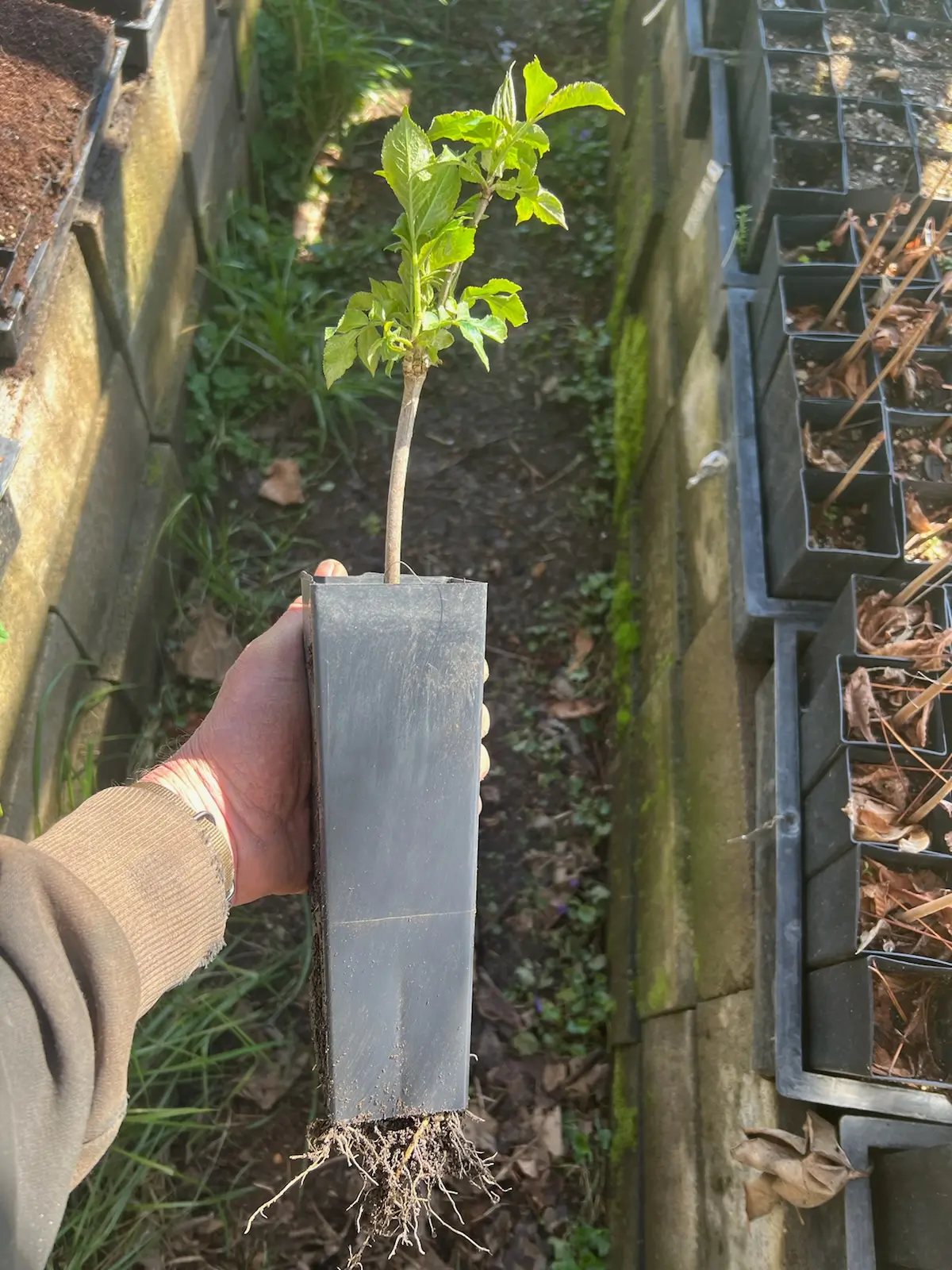
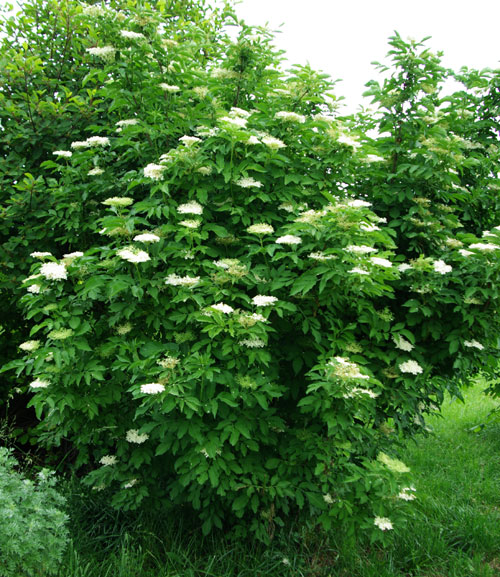
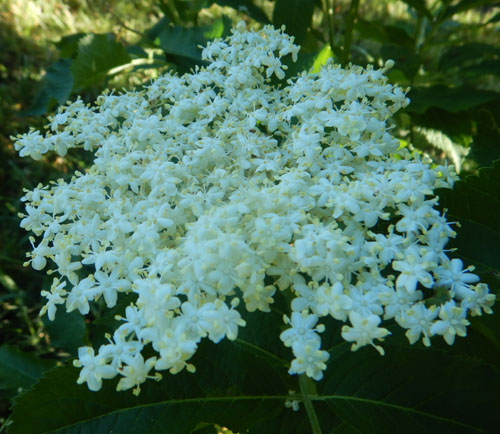
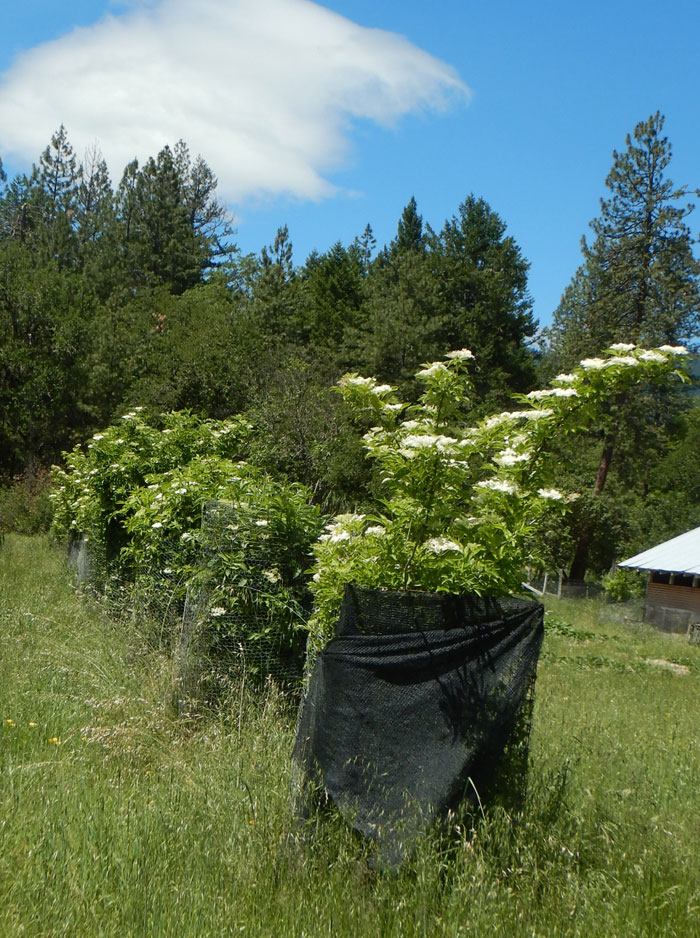
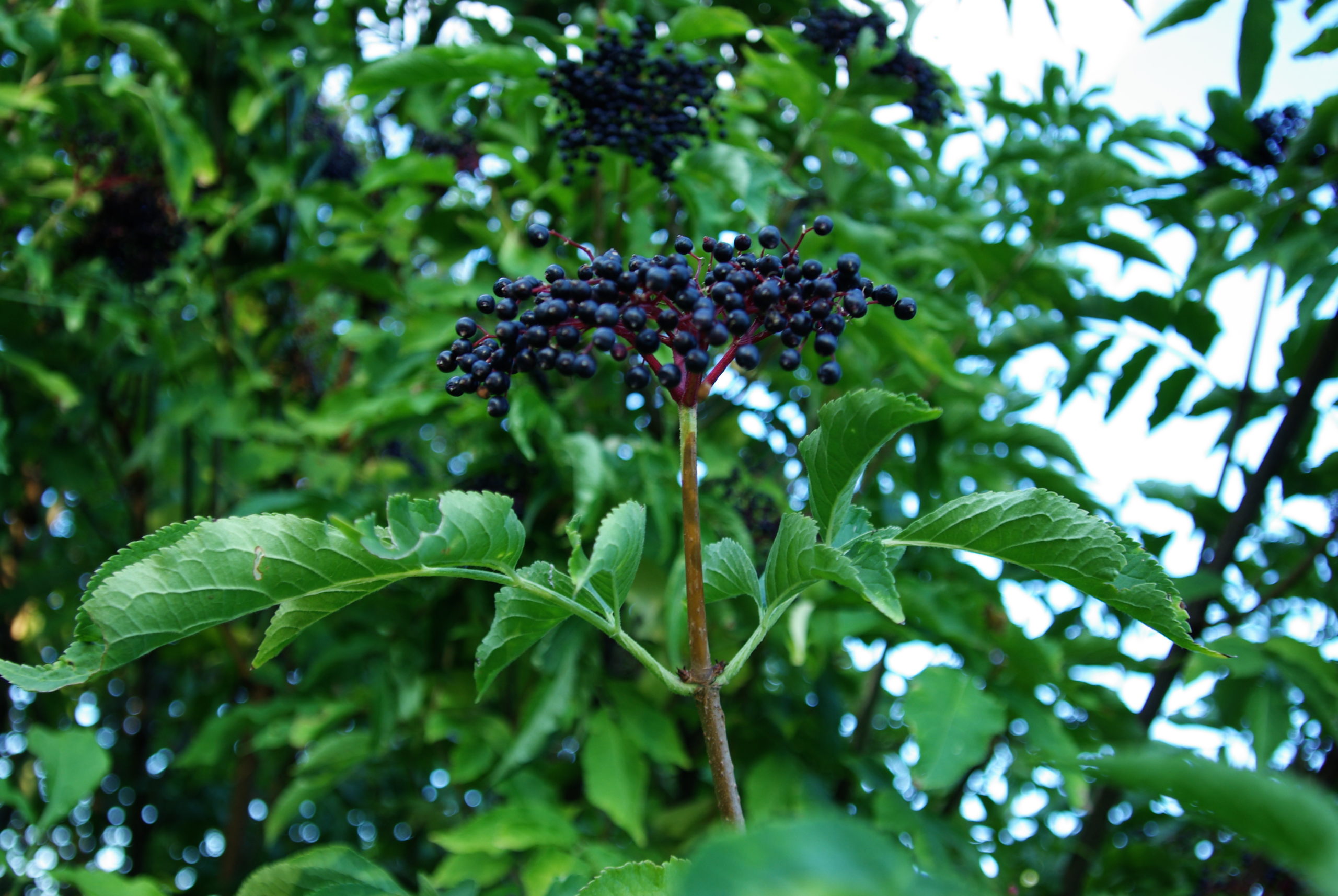
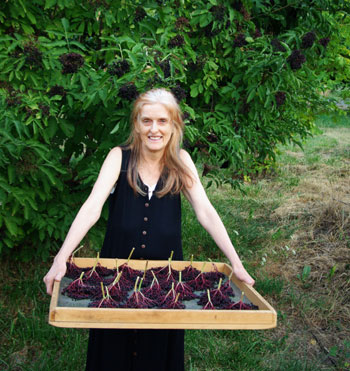
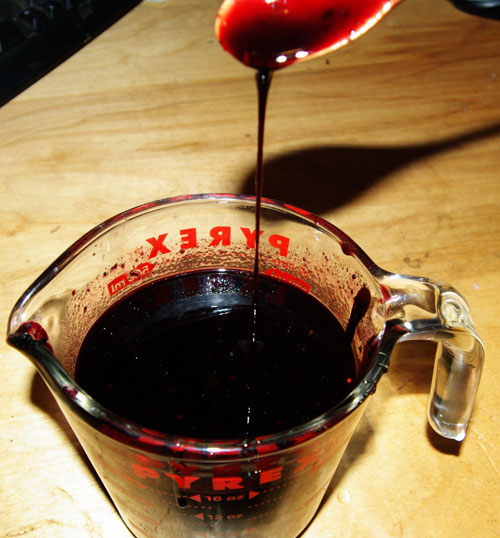
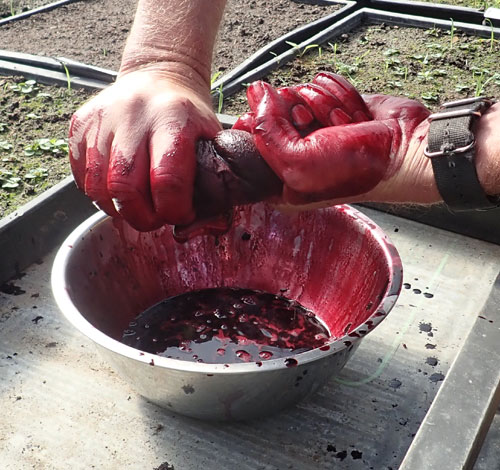
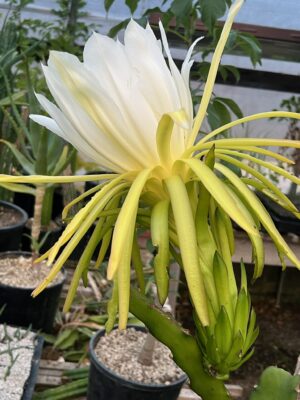
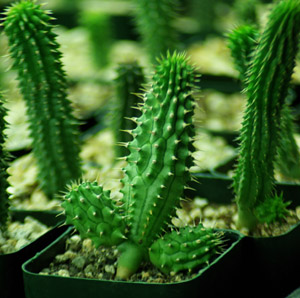
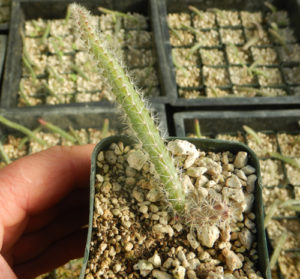
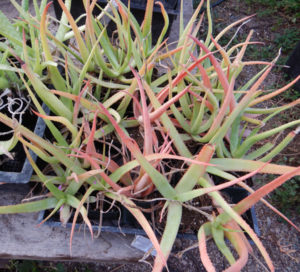
Kathy Hartwell (verified owner) –
I purchased three Elderberry bushes this past spring. They are all very healthy and thriving. One is now three and a half feet tall. I planted them under the canopy of my walnut tree. I am so grateful to Richo and team. Thank you.
Upvote if this was helpful (0) Downvote if this was not helpful (0) Watch Unwatch Flag for removal
Kay Smith (verified owner) –
Truly a great job packaging my baby plants. Sis and I are impressed. Beginning to love and trust this company. Thank you!
Upvote if this was helpful (0) Downvote if this was not helpful (0) Watch Unwatch Flag for removal
Meghan (verified owner) –
Just received my potted plants including elderberry. Never before have I seen such expert and careful packaging. The plants are in excellent condition after three days in shipment. Thank you!
Upvote if this was helpful (0) Downvote if this was not helpful (0) Watch Unwatch Flag for removal
Question
Corine –
Do you need a pollinator?
Upvote if this was helpful (0) Downvote if this was not helpful (0) Watch Unwatch Flag for removal
Richo Cech –
hi Corine, Thanks for contacting! I know that online sellers always say you need a pollinator but they’re not selling the standard open-pollinated wild form that we sell. A single one of these planted in seclusion will fruit and seed, I’ve tested this several times and am convinced of it. However, as is typical with shrubs and trees, you get a better fruit set and more seeds and more genetic stability of you plant several individuals and they cross pollinate. Please read the elderberry monographs in “Growing Plant Medicine Vol 2” for a complerte picture of all this. Richo
Upvote if this was helpful (0) Downvote if this was not helpful (0) Flag for removal